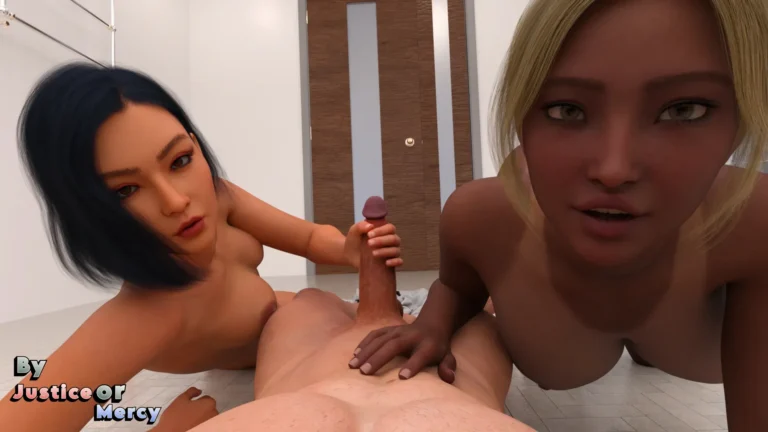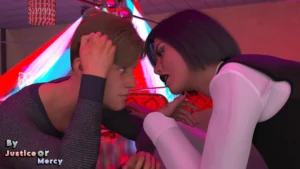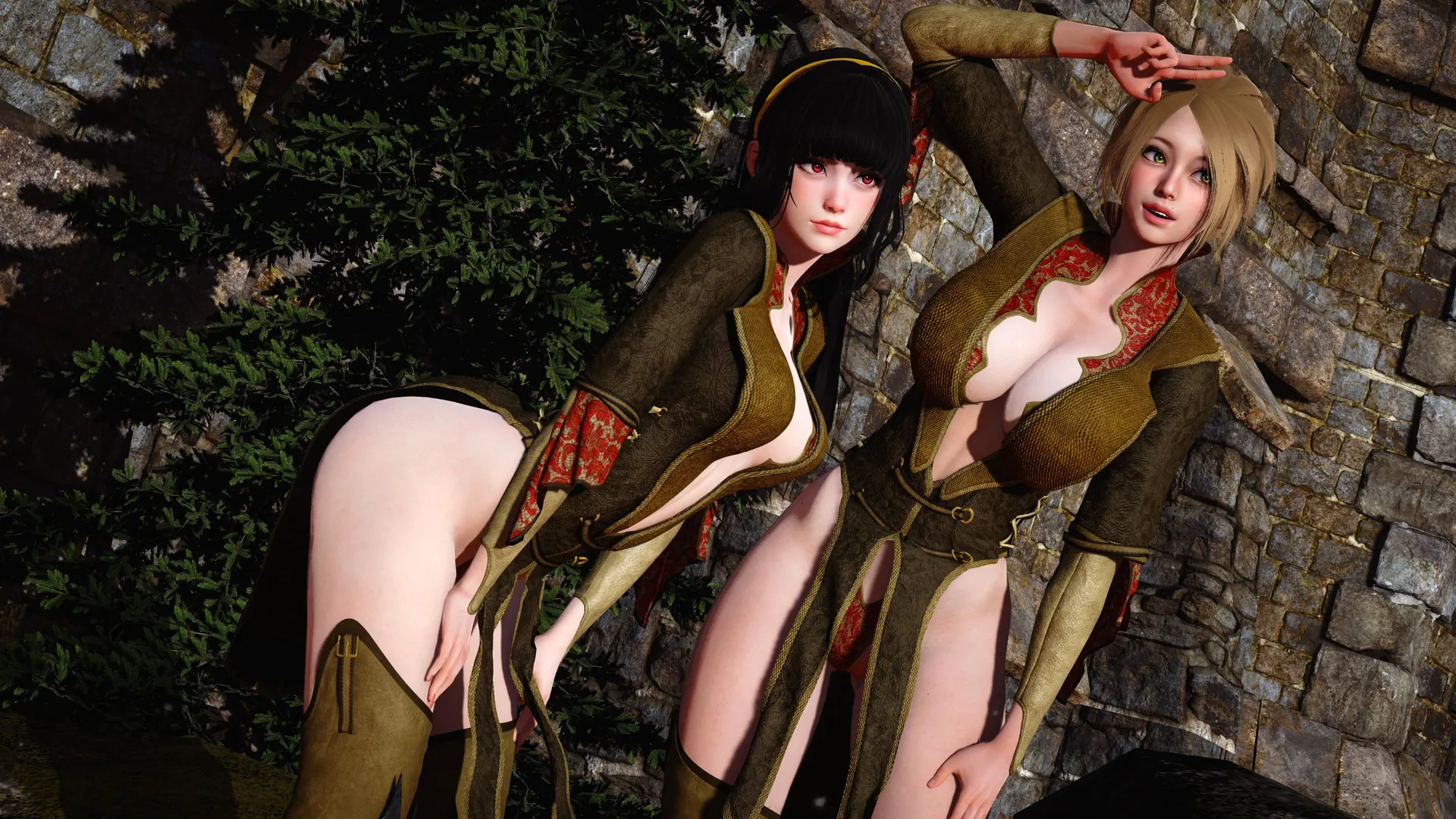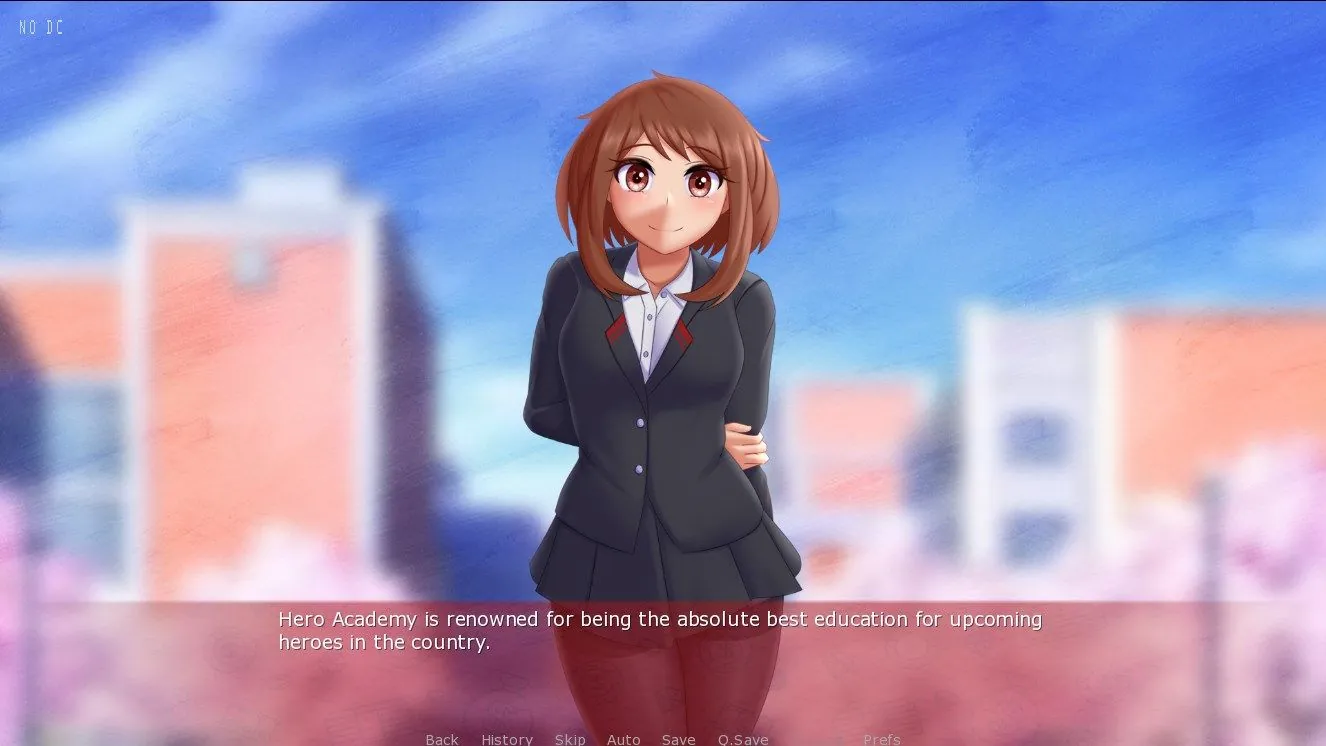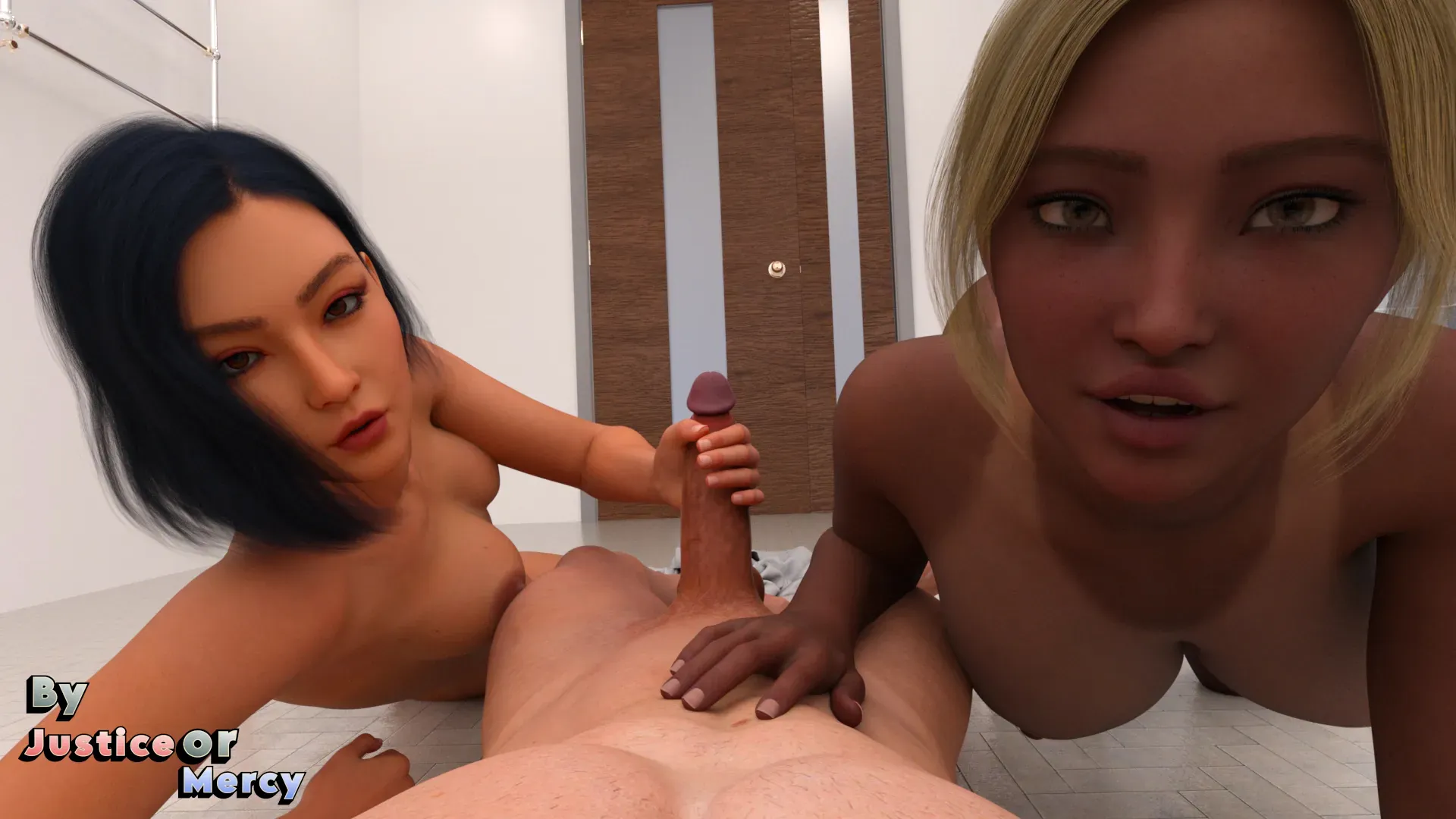
By Justice or Mercy
Play By Justice or Mercy
By Justice or Mercy review
A Deep Dive into Themes, Gameplay, and Community Reactions
If you’ve heard whispers about ‘By Justice or Mercy,’ you’re not alone. This adult-themed game has sparked curiosity and debate across online communities, blending provocative storytelling with interactive gameplay. Whether you’re a curious newcomer or a seasoned player, this article unpacks everything you need to know about ‘By Justice or Mercy’—its narrative, mechanics, and the conversations it has ignited. Join me as we explore what makes this game stand out, why it’s talked about, and what you can expect if you decide to dive in.
What Is By Justice or Mercy?
The Story and Setting
Picture this: you wake up in a world that’s both hauntingly beautiful and deeply unsettling. 🏰 That’s the initial hook of the By Justice or Mercy game. You find yourself in the gothic, decaying city of Veridia, a place where magic has faded, leaving behind a society clinging to rigid, unforgiving laws. The core premise is as gripping as it is morally complex: you are a newly appointed Arbiter, a judge with the absolute power to decide the fates of those brought before you. Your verdicts aren’t just lines of text; they are the catalysts that will either save or shatter lives, and ultimately, reshape the entire city.
This isn’t a world of clear-cut heroes and villains. The central conflict is internal as much as it is external. Every case is a gray area, forcing you to weigh the letter of the law against the desperate circumstances of the individual. The controversial themes are woven directly into the fabric of this setting. You’ll confront issues of poverty, systemic oppression, personal trauma, and the very nature of redemption. The game doesn’t shy away from asking difficult questions: Is true justice found in punishment, or in compassion? Can a broken system be fixed from within, or does it need to be torn down? This rich, oppressive atmosphere is brought to life with a stunning, painterly art style that makes every scene feel like a piece of somber, moving concept art. 🎨
Gameplay Mechanics and Features
At its heart, the By Justice or Mercy game is a masterclass in interactive storytelling. If you’re used to games where your choices are an illusion, prepare for a wake-up call. Here, your decisions are the engine of the entire experience. The primary gameplay loop revolves around investigating cases, questioning witnesses and defendants, and then making your final ruling. But it’s the how that makes it so special.
The game is a quintessential adult visual novel, not just in its thematic maturity, but in its sophisticated mechanics. You navigate the story through a combination of:
- Dialogue Trees: Every conversation is a minefield of potential outcomes. A single, seemingly innocuous choice of words can unlock new information, alienate a potential ally, or change a character’s entire trajectory.
- Evidence Examination: You’ll collect clues, documents, and testimonies. Piecing this evidence together is crucial to forming a complete picture before you pass judgment.
- The Judgment Scene: This is the climax of each case. You choose a verdict, and then you must personally justify it by selecting your reasoning from the evidence you’ve gathered. This is where the game truly shines, making you accountable for your decisions.
The most celebrated feature, without a doubt, is its branching narratives. We’re not talking about a few different endings here. The story branches and splinters from the very beginning based on your gameplay choices. Who you show mercy to might become a loyal informant later. Who you condemn to a harsh punishment might leave a power vacuum that plunges a city district into chaos. The game remembers everything, creating a deeply personal story that is uniquely yours.
To see how this stacks up against other titles in the genre, let’s break down the key features:
| Feature | By Justice or Mercy | Typical Adult Visual Novel |
|---|---|---|
| Narrative Impact | Profound, long-term consequences that reshape the world and character arcs. | Often limited to short-term scene changes or a final ending selection. |
| Choice Integration | Choices are deeply tied to moral philosophy and world-building. | Choices frequently focus on romance paths or immediate puzzle-solving. |
| Player Role | You are an active arbiter with judicial authority, driving the plot. | You are often a passive observer or a participant reacting to events. |
| Thematic Depth | Themes of justice, power, and morality are central to the core gameplay. | Mature themes may be present but are often secondary to the main plot. |
Pro Tip: Don’t try to “game” the system on your first playthrough. Go with your gut. The most powerful stories in this game come from dealing with the unintended consequences of your own sincere choices. 🤔
Character Dynamics and Choices
The soul of this adult visual novel isn’t the setting or the laws—it’s the people. The character relationships you build (or destroy) are the emotional core of the experience. You’re not just a faceless entity handing down rulings; you are a person forming complex bonds with a cast of deeply flawed, incredibly well-written characters. From your idealistic junior clerk to the cynical captain of the city guard, every interaction matters.
Your gameplay choices in dialogue directly dictate the nature of these relationships. Aligning with one character’s harsh worldview might earn their trust while permanently burning bridges with another. The game excels at making you care, which is what makes the controversial themes so potent. You’re not just deciding the fate of a random criminal; you’re deciding the fate of someone you’ve shared a drink with, someone who has confided in you, or someone who has openly challenged your authority.
Let me give you an example that stuck with me. Early on, I was presiding over the case of Elara, a young woman who stole a powerful healing artifact to save her dying brother. The law was clear: theft of a relic is punishable by exile.
The dialogue options presented were:
* “The law is clear. Your sentiment does not excuse your crime. I sentence you to exile.” ⚖️
* “Your love for your brother is evident, but you have broken a sacred trust. I sentence you to hard labor in the city quarries.”
* “Sometimes, justice must be tempered with wisdom. I pardon you, but the artifact must be returned immediately.” ✨
I chose the pardon, believing mercy was the true path. This single act of interactive storytelling had ripple effects I never anticipated. It earned me the unwavering loyalty of Elara and her community, who later provided crucial aid. However, it also branded me as “soft” in the eyes of the city’s elite, making my subsequent rulings more heavily scrutinized and limiting my political options. This is the genius of the branching narratives—your decisions about people fundamentally alter your available paths forward.
I remember a friend, a first-time player, telling me about his experience. He was so determined to be a “just” ruler that he applied the law with unwavering strictness. By the mid-game, he found himself isolated, feared by the populace, and surrounded by sycophants who agreed with everything he said. The city was “orderly,” but it felt dead. He described a profound moment of regret, realizing that in his pursuit of perfect justice, he had created a cold, tyrannical state. He immediately started a new playthrough, this time seeking balance. That’s the power of this game; it holds up a mirror to your own moral compass. 🪞
Ultimately, the By Justice or Mercy game is more than a pastime. It’s a provocative journey into the heart of ethical decision-making, powered by a robust system of branching narratives and deeply impactful character relationships. It challenges you, surprises you, and, most importantly, makes you think long after you’ve put it down.
By Justice or Mercy is more than just another adult game—it’s a conversation starter, a narrative experiment, and a test of player agency. Whether you’re drawn to its story, its choices, or the debates it inspires, there’s no denying its impact. If you’re curious, approach with an open mind and remember that your decisions shape the experience. Ready to see where justice—or mercy—takes you? Dive in, explore, and join the discussion.
